Califórnia
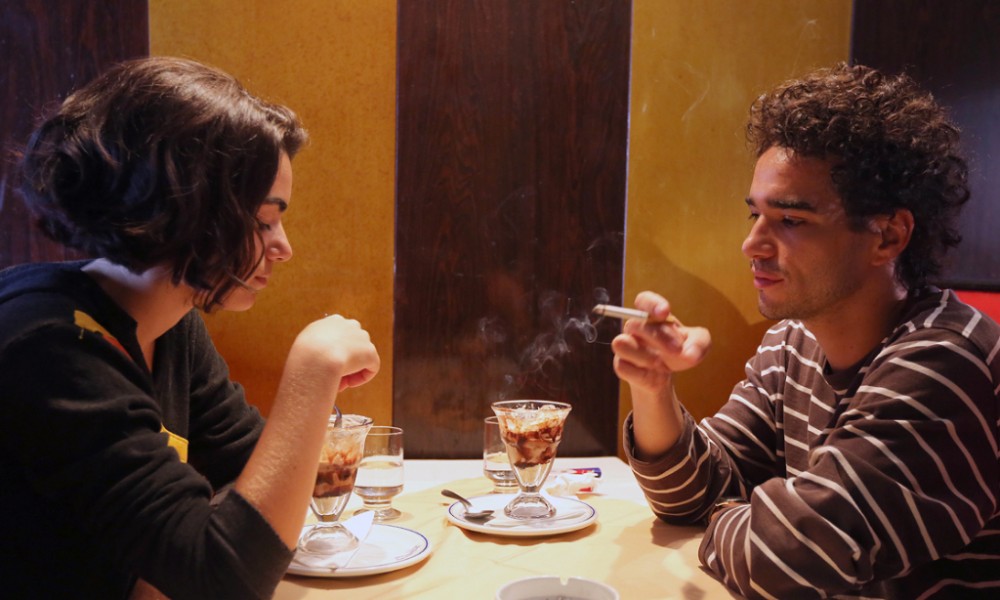
It is difficult to overstate Hollywood’s impact on culture, especially in the genre of coming-of-age or “teen” film. This is true whether the viewer is in New York, London, or in 1980s Brazil, where Califórnia takes place. What “feels” right for the young characters in the film is accented by what is seen on MTV or sung by David Bowie and the Cure. These influences on Brazil make the state of California seem less like a place and more like a mindset.
Estella lives the typical life of a teenager: anxiety over appearance, the pangs of passing each class, and fearful yet fascinated with losing her virginity. What captivates Estella is a city outside of São Paulo, where celebrities walk the streets and “real life” occurs. This magical place is Los Angeles and she plans to visit her uncle Carlos there very soon. When Carlos suddenly returns to São Paulo, however, the destined visit may not come to fruition.
Teen life may be free from adult responsibility but it is certainly not an easy experience. Califórnia’s Estella is constantly at the mercy of her maturing body and stern father. While this may seem to reiterate of conventional archetypes in coming-of-age movies, Califórnia does not infantilise. Rather viewers are exposed and experience the double-edged sword of teen life through Estrella’s adolescent point-of-view.
With an infectious soundtrack and purposeful inclusion of socio-political events during mid-80s Brazil, Califórnia is an ideal teen film. Narrative consequences are apparent, characters well-defined and composition unforgettable. Think Fast Times at Ridgement High meets The 400 Blows. While the story may rely on established moments, there is plenty of serious and silly moments to enjoy.
Daniel Engelke
Califórnia does not have a UK release date yet.
Read more of our reviews and interviews from the festival here.
For further information about Tribeca Film Festival 2016 visit here.




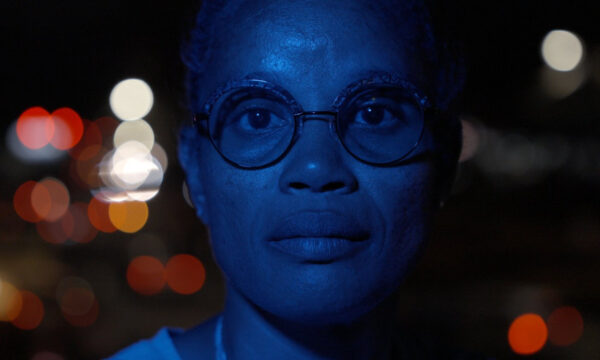

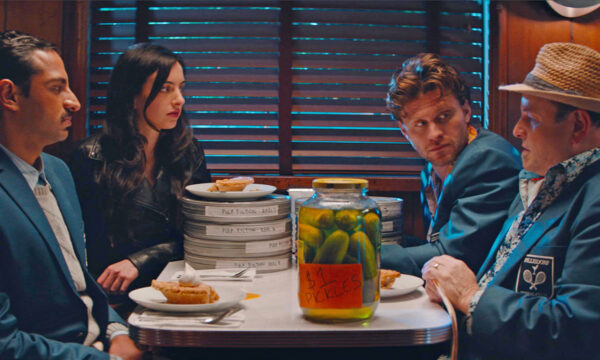
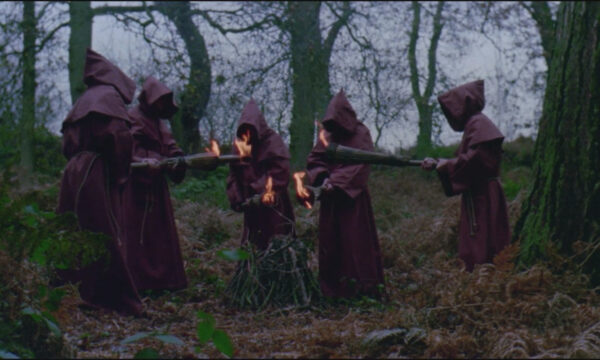
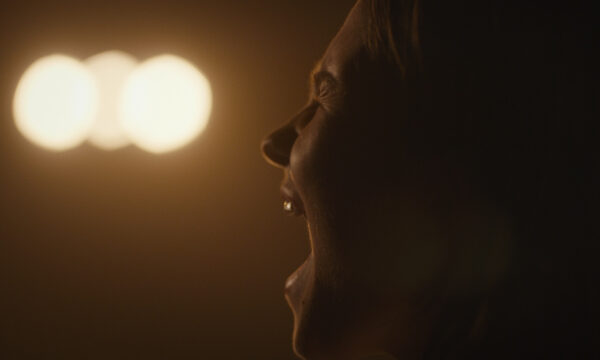
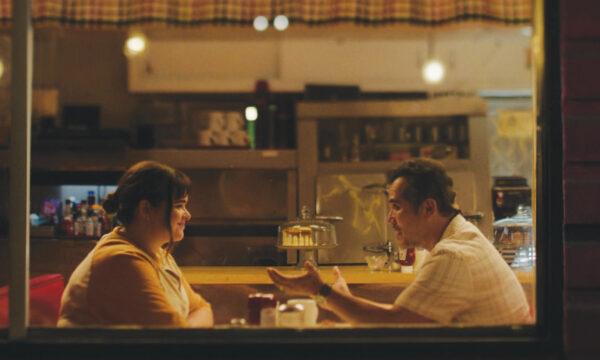








Facebook
Twitter
Instagram
YouTube
RSS